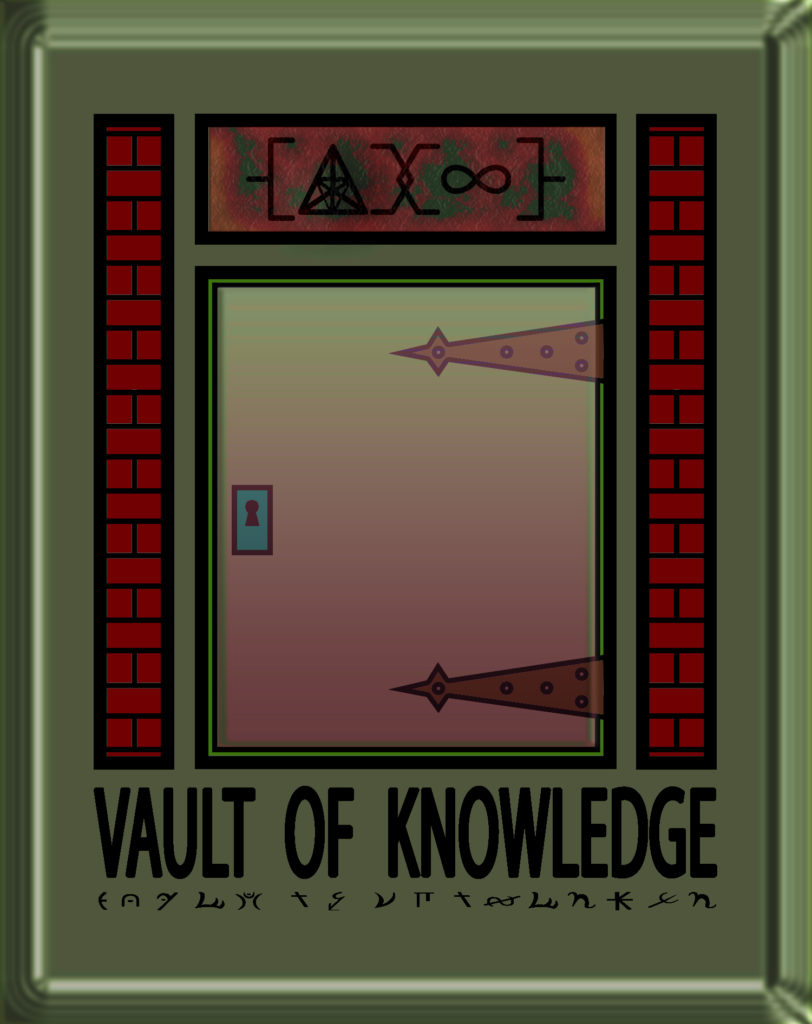Sometimes writing a good story can be a little bit like alchemy. You need the right mix of things to churn out a truly great story. But what are those basic ingredients? Well, like for the alchemists of old there are four basic elements that every story needs.
Descriptive Prose.
Dialogue.
Character Development.
Plot.
Descriptive Prose is what makes your world come alive. You need to make the reader feel the world, believe that it is as real as the one we’re living in right now. As Johnny Carson used to say about comedy, buy the set-up, buy the bit. This is like that. But you need a balance between enough details to make it feel realistic, alive, and possible, and weighing it down too heavily. For myself, I tend to go with a bit of a poetic bent, just a little flowery while carefully crafting very specific descriptive details into the wording. And when an event happens- say someone getting killed, some major revelation, or the hero coming to the rescue- then you have got to make the reader feel it just the same way as if watching a movie and that dramatic music comes on. Make the reader stand up and cheer where appropriate, or cry, laugh, or sit on the edge of his seat. That is what a good description can get you.
Dialogue must sound like REAL people are conversing. Not everyone comes from Yale or Harvard, and not everyone is of the same cultural background. If ion doubt then read your dialogue out loud. Does it sound stiff and forced? Or does it sound something like the last time you and your friends spoke to one another. Do some of the characters work in a couple of quick one-liners even in dire circumstance? Do they sound like they’d pale around with one another? Does it sound like the way a real-life bad guy would talk? And remember things like, no bad guy ever is going to say, “I’m bad, you’re good,” because the bad guys don’t thin of themselves as bad; better than anyone else, more deserving, or perhaps just thinking that the rest are fools to be used, but never bad or evil, so they shouldn’t talk that way. Just keep the dialogue real, even if it means violating a dozen grammatical laws to do so (ESPECIALLY if it means doing so).
Character Development: All stories have characters. They’re the ones that carry out your plot. just as your world must be believable within its own context, so must its characters. They have got to feel, speak, and act like real people. In the case of aliens or fantasy creatures with non-Human psychologies they must still be self-consistent with what you have set them up to be. They must all seem like people, be they Human, Elf, Dwarf, or Vulcan. Sometimes all it takes is a line or two to establish them, but you need to put that in there.
Plot is what it’s all about. You can have the best character-driven story around, but unless there’s a plot with a beginning, middle, and end, then no one’s going to be staying around too long. The story has to be about something and going somewhere. But it doesn’t have to be a strictly linear plot either. Twists, turns, unexpected developments, as long as you have your whys and wherefores in order, you can make your plot dance and sing and do backflips. But remember to keep track of everything and have a reason for everything that happens. Even if it’s a reason the characters or reader doesn’t know, but can at least figure out given what’s known, you have to have it there. Nothing ever happens out of pure arbitrariness. If the reader has to ask “why?” then it’s your duty to give them an answer… eventually.
Now that you have the four elements of good story telling then it’s time to practice them. Which ones are you good at, which do you need to improve upon. Once you got al four kickin’ it in high gear then you can make anything sound like an epic adventure.








 Users Today : 243
Users Today : 243 Total views : 3703119
Total views : 3703119 Who's Online : 4
Who's Online : 4
